The entire country is in mourning after the terrifying terrorist attack that took place in Pahalgam, Jammu & Kashmir, in which 26 people mostly tourists lost their lives. Immediately after this incident, the Indian government took several steps the biggest of which are controlling digital misinformation and redefining cultural relations.
Today, an emotional and political reaction is being witnessed in India, from social media to the entertainment industry, where digital safety, national sentiment, and diplomatic policy are intertwined.
The attack that shook the country
On 29 April 2025, heavily armed terrorists suddenly opened fire on a tourist convoy in Pahalgam. At least 26 people died in this attack and many were injured. This attack is considered the most dangerous terrorist attack of the last few years.

The government took immediate action and worked on two main fronts:
- Crackdown on social media
- Ban on cross-border cultural ties.
Social Media Crackdown: Arrests across the country
After the attack, more than 28 people were arrested from 7 states who were allegedly sharing pro-Pakistan, inflammatory or misleading posts. These are the states: Assam, Madhya Pradesh, Rajasthan, Jharkhand, Chhattisgarh, Bihar, and Uttar Pradesh.
Assam CM Himanta Biswa Sarma said, “People who support terrorism or glorify our enemies have no place in our society.” Assam has also said that if needed, NSA (National Security Act) can be imposed.
This crackdown also involves some high-profile people—an MLA, a journalist, and a college lecturer—who allegedly made posts that either supported the attackers or mocked the victims. A discussion has started on this: how to balance national security vs freedom of speech?
Accounts of Pakistani celebrities and cricketers blocked
In another step, India has blocked the Instagram and X (earlier Twitter) accounts of several Pakistani public figures.
Some of the prominent accounts that were blocked are:
- Pakistan’s Defense Minister Khawaja Muhammad Asif’s X account
- Instagram handles of Pakistani cricketers Babar Azam, Mohammad Rizwan, and Shaheen Afridi
- Social accounts of Pakistani entertainers like Hania Aamir and Atif Aslam
Although there has been no official statement from the government, sources suggest that these accounts were either spreading misinformation or the action was taken due to diplomatic tension.
Digital rights activists have expressed concern over this and said that there should be transparency and due process in such decisions, especially when it comes to public figures and freedom of information.
Bollywood’s Reaction: Announcement of Cultural Boycott
The entertainment industry also reacted quickly. Federation of Western India Cine Employees (FWICE) demanded an immediate ban on Pakistani actors, singers and technicians.
They said: “Until Pakistan takes strong action against terrorism, no cross-border collaboration will be allowed.”
Affected projects include:
- Indo-Pak film “Abir Gulaal” starring Fawad Khan in the lead role—the film is facing political protests in Maharashtra and Punjab.
- There are also talks of boycotts on OTT platforms that stream content of Pakistani talent.
- Music labels have canceled cross-border collaborations, citing “public sentiment.”
This scenario sounds like the cultural bans after the 2016 Uri attack and the 2019 Pulwama attack—but this time social media amplification has made this sentiment even more aggressive.
Celebrities’ Reactions: Unity and Caution
Several Indian celebrities condemned the attack and expressed their sympathy with the victims.
Priyanka Chopra wrote on Instagram:
“This incident is beyond words. My heart goes out to each victim and their families. Now is the time to stand united.”
Tollywood stars like Mahesh Babu, Chiranjeevi, and Allu Arjun also gave strong condemnation. Hashtags like #JusticeForPahalgamVictims are trending across the country.
While Pakistani celebrities like Mahira Khan initially condemned the attack, they deleted their post after some time—possibly due to domestic backlash or diplomatic pressure. Indian netizens called the move “insensitive” and “diplomatic drama.”
National Security vs. Digital Freedom
While the general public has supported the actions of the government, some civil liberty groups have questioned the arrests and bans.
The Internet Freedom Foundation (IFF) said in a statement:
“National security comes first, but in a democracy, we must ensure that such actions do not violate freedom of expression. Due process and transparency are essential.”
This debate has now reached editorial pages, think tanks, and universities: Is digital censorship becoming the norm of a new era?
What’s next?
The government is preparing to bring in new digital rules—especially regarding foreign influencers, anonymous creators, and misinformation. A real-time monitoring system is also being drafted that will empower cyber teams in every state.
The search for Pahalgam attackers is on in Kashmir. The PMO has said, “Our action will continue until the attackers are brought to justice.”
Unity in Pain, and Preparation for Digital War
The Pahalgam attack has given pain to India, but it has also given a strong resolve. India’s response—whether it is on the ground or the internet—shows that today’s fight is not just with guns, but also with narratives.
The next few weeks will see how a modern democracy fights terrorism and misinformation in the digital age—with unity, technology, and resolve.

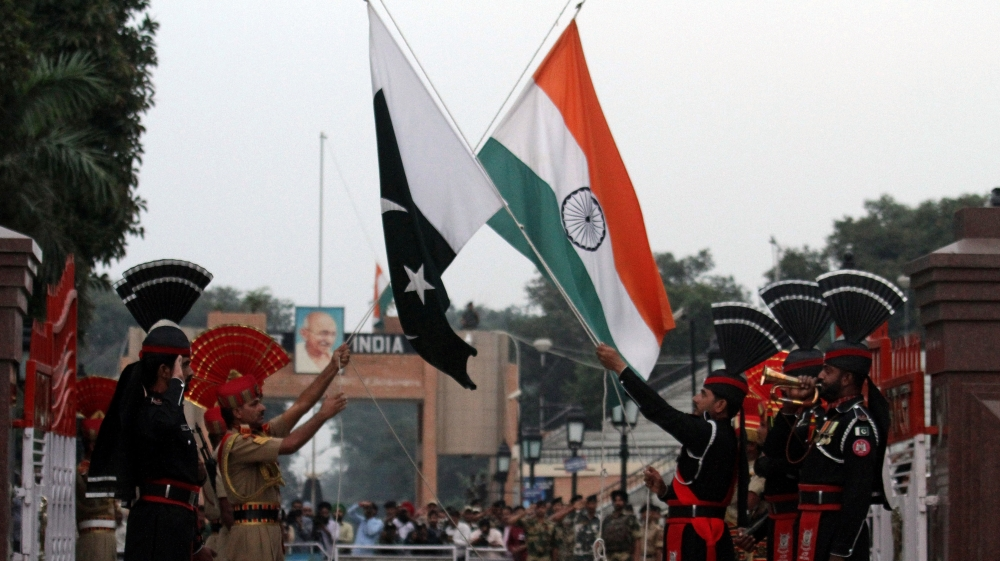

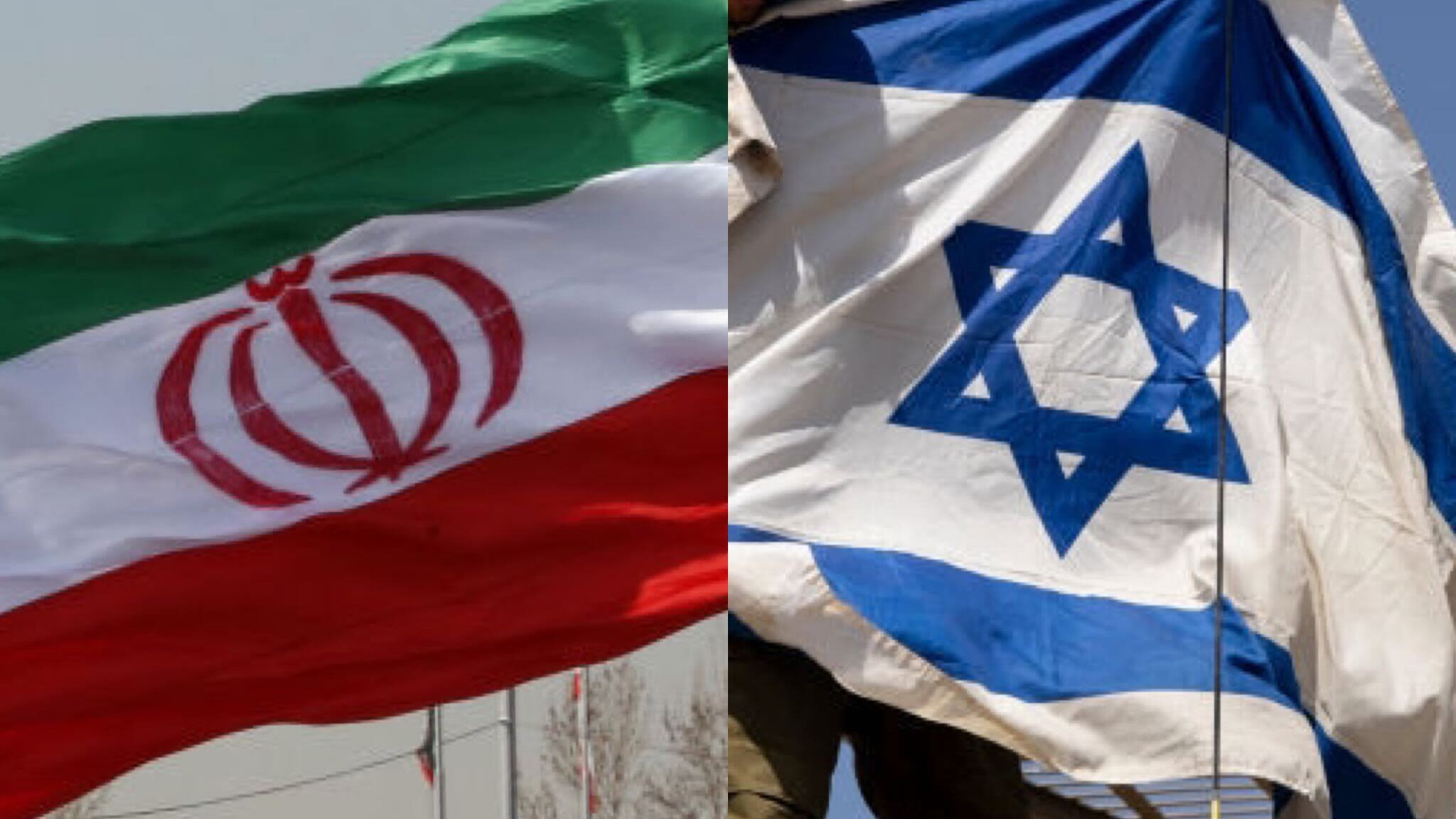
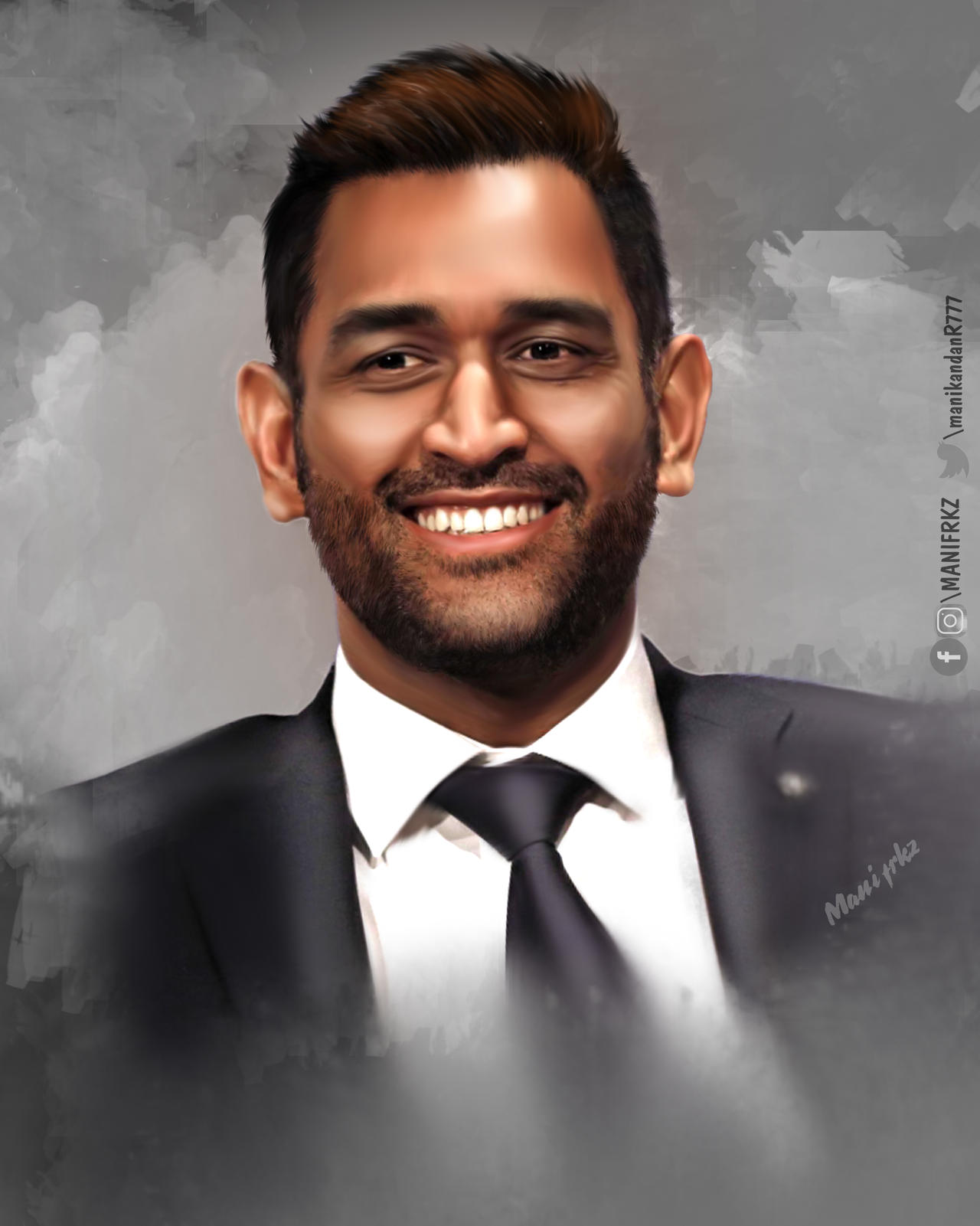


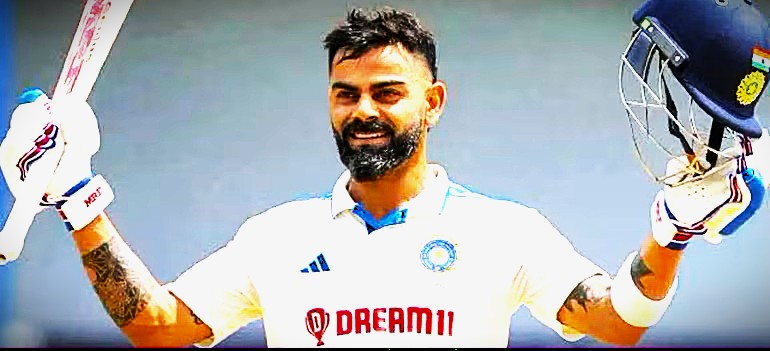
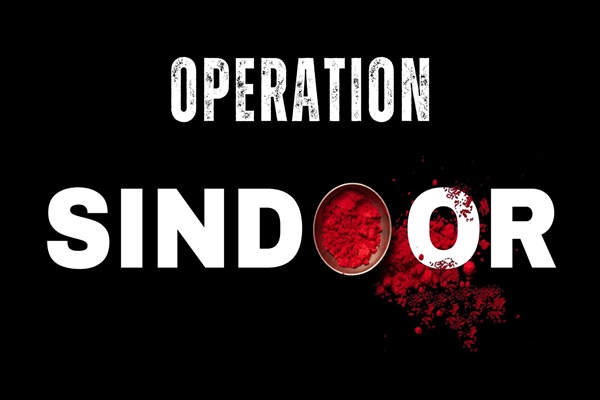
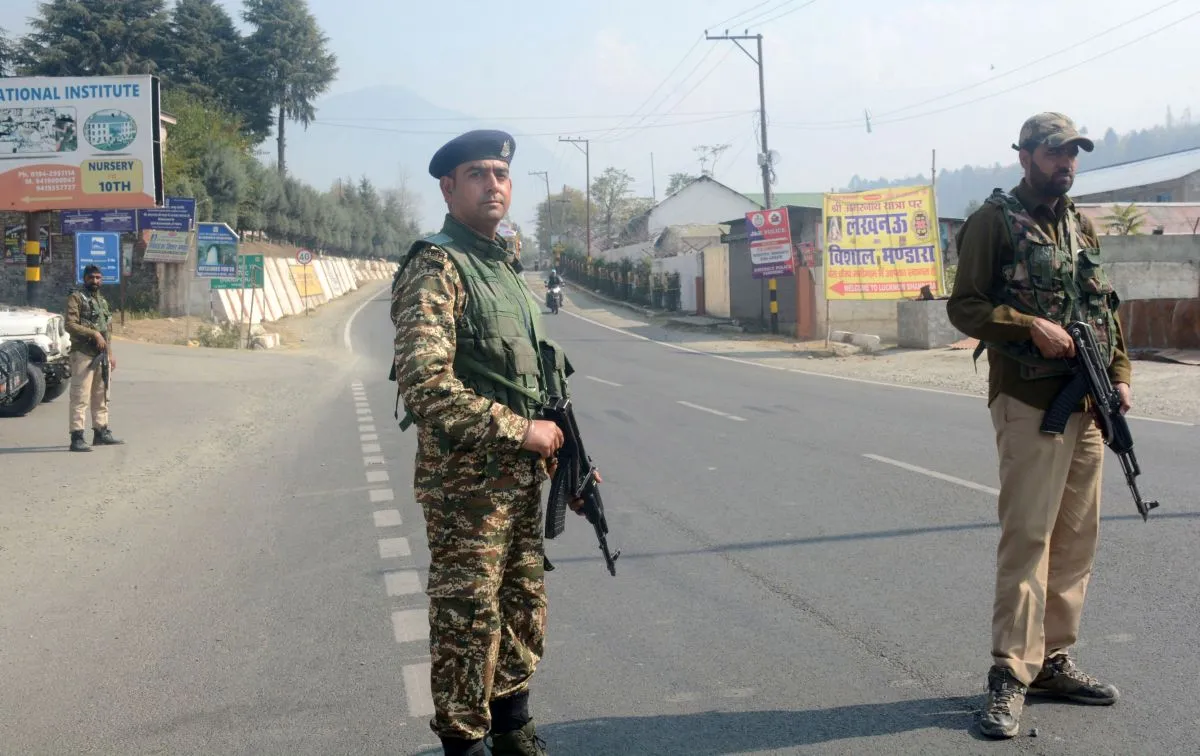
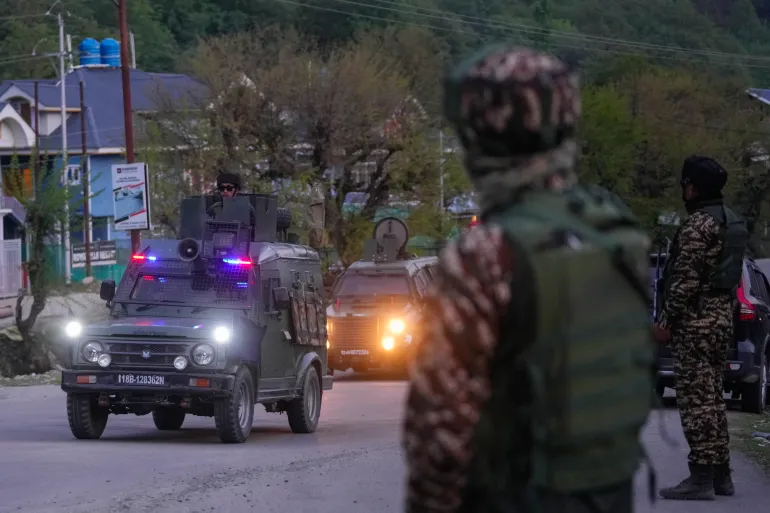
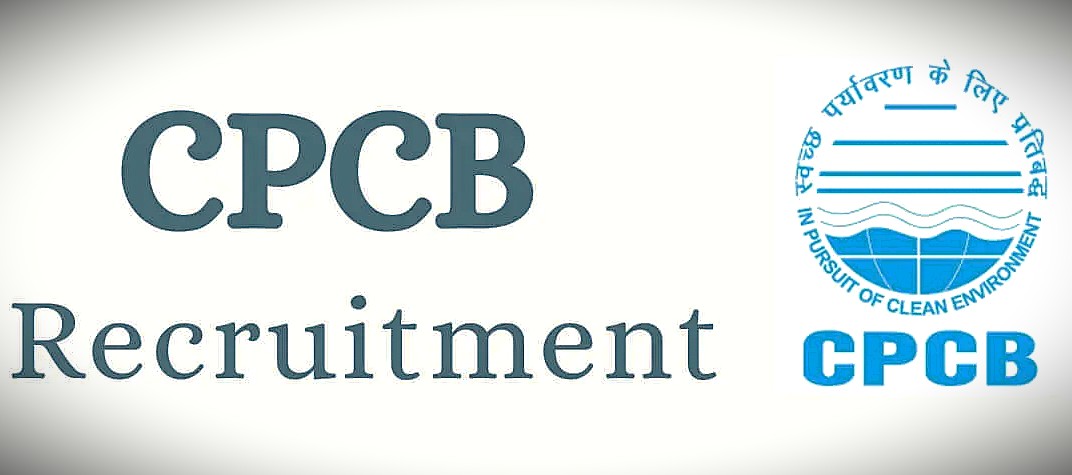


Leave a Reply